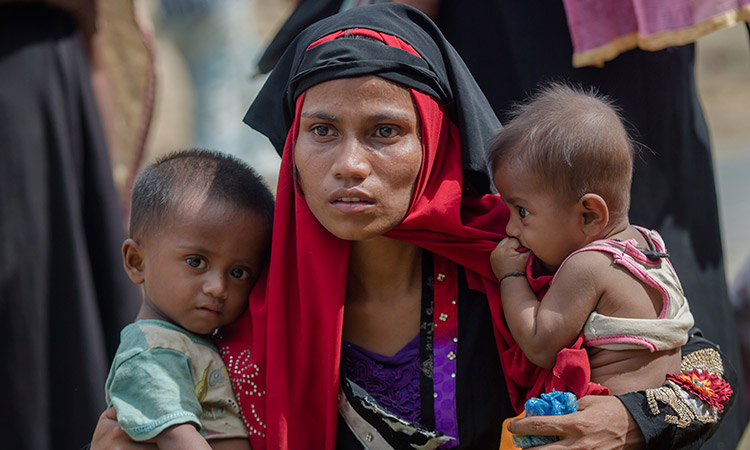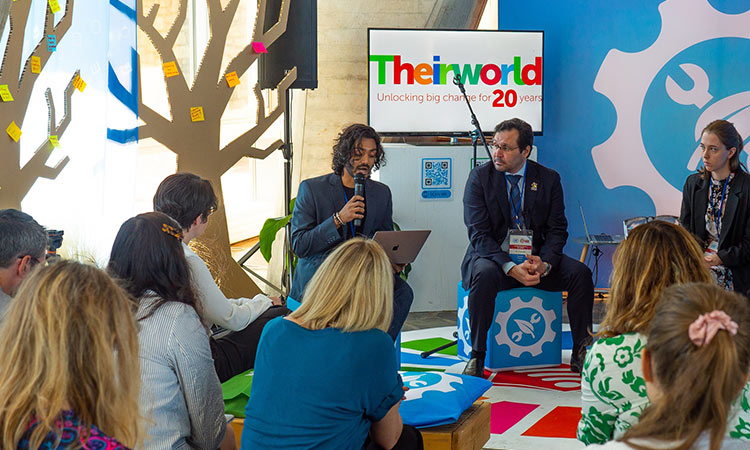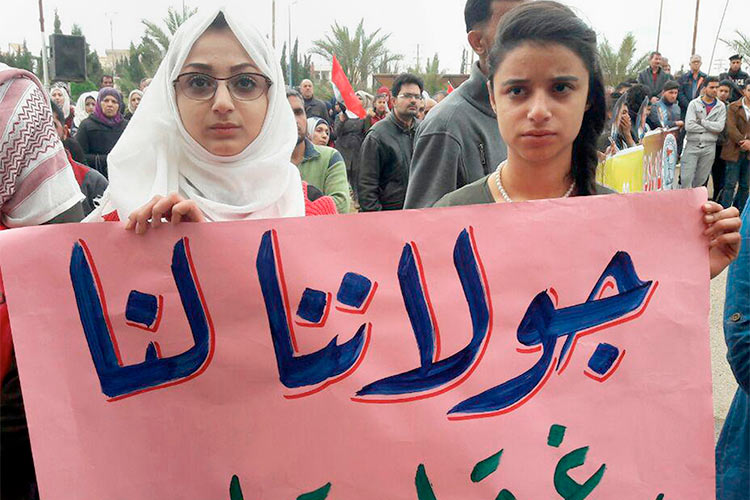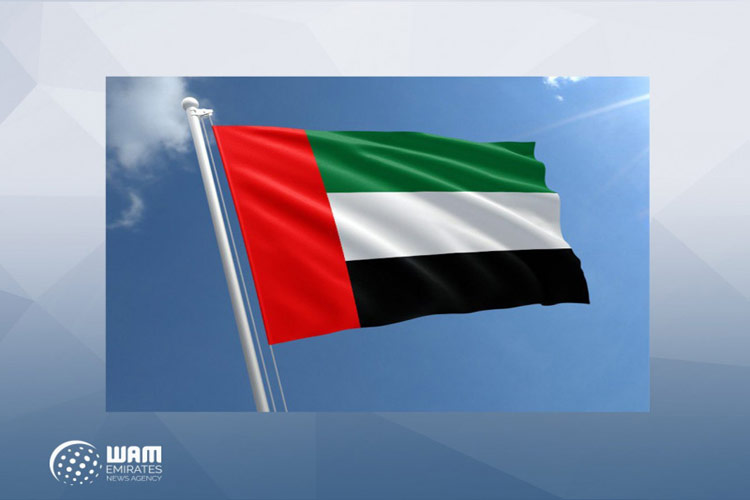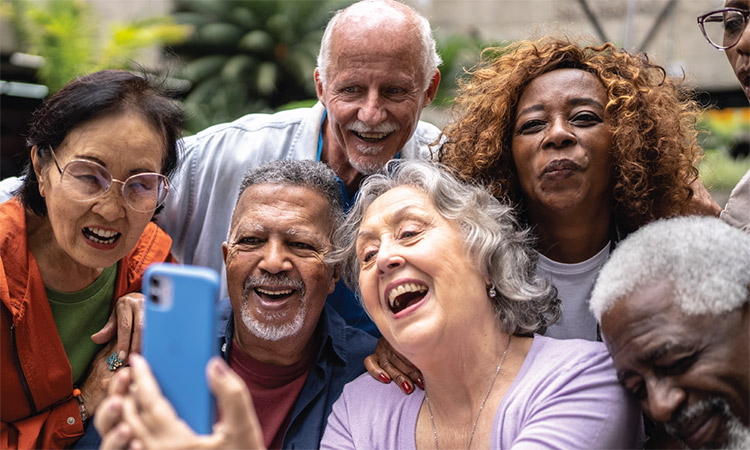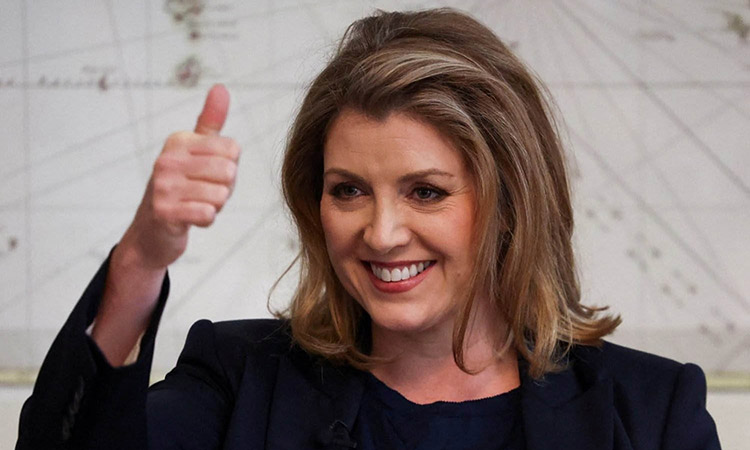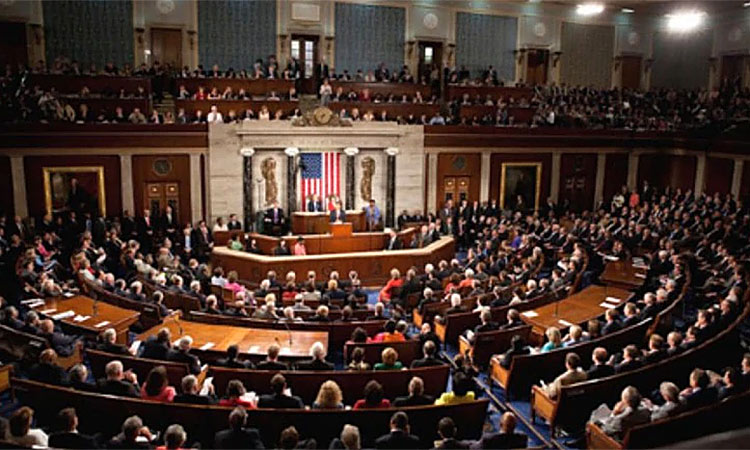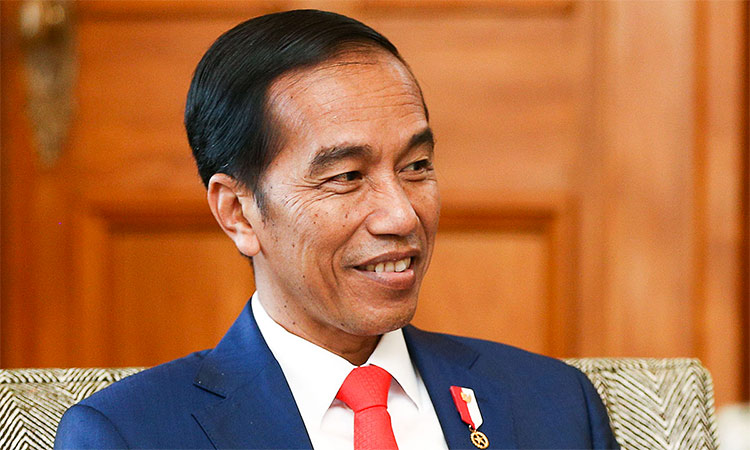Cambodia’s war-crimes tribunal to close by end of 2022
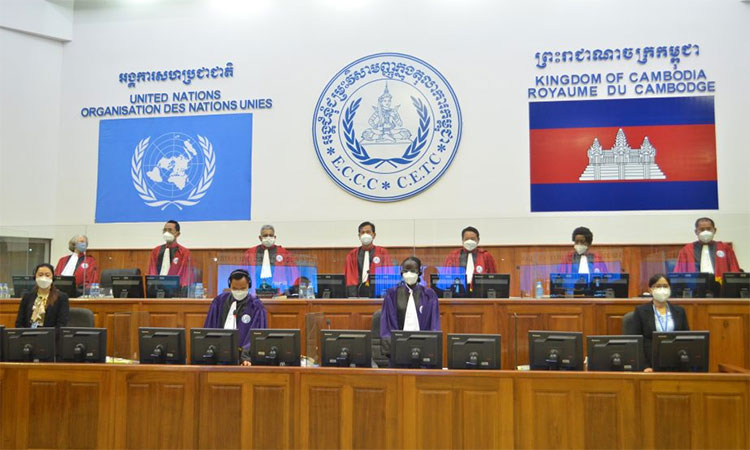
he Supreme Court Chamber of the Extraordinary Chambers in the Courts of Cambodia (ECCC) during a hearing in Phnom Penh, Cambodia. (File Photo)
Though the actual convictions did not amount to much because many of the leaders of the murderous Khmer Rouge regime which ruled Cambodia between 1975 and 1979 had died before the trials could take place, including Pol Pot, the school teacher-turned- Maoist dictator, who died in 1996. In those four years, Pol Pot and his lieutenants drove people from the cities into the cities to work as farm labourers, imprisoned, maimed, and killed two million people. They targeted the ethnic minority Cham and Vietnamese.
Hun Sen, who was one of the Khmer Rouge commanders, walked over to the Vietnamese and replaced the Pol Pot regime. The trials dragged on because Hun Sen and his aides would not want any of their own group to be accused of the Khmer Rouge atrocities. That is why, the tribunal could only convict three persons. The first was ‘Comrade Duch’, his real name was Kaing Guek Eav, who ran the notorious S-21 prison, a school building, where more than 18,000 men, women and children were tortured into confessing crimes they did not commit and executed in the Killing Fields.
Then, Khmer Rouge chairman Khieu Samphan and ‘Brother Number Two’ or Pol Pot’s second-in-command, Nuon Chea were convicted in 2018 on genocide charges. There were many others who could not be brought to trial because they died, or their medical condition deteriorated so much that they could not be brought to trial.
Whatever its ineffectiveness in the face of the enormity of crimes against humanity committed by the Khmer Rouge regime, there is the firm belief that the trials were important, the testimony of the victims invaluable because it was a sort of national catharsis, and there was recording of the suffering of the people.
It is the belief that this documentation is necessary to prevent the recurrence of a crime of this magnitude. Former chief of investigations for the tribunal Craig Etcheson summed up the need and futility of the tribunal: “What would ‘justice’ look like when we are talking about two million people killed, millions of families ripped apart, and an entire culture whiplashed to within inches of its very existence? My expectation would be that there is no kind of justice which would satisfy everyone in the wake of such catastrophic crimes.”
What the proceedings of the tribunal helped is to document the crimes committed and the voice of the people who suffered through the traumatic times. The victim testimonies are considered an important aspect of the Khmer Rouge tribunal. However unsatisfactory the structure of the court might have been, it was neither entirely international nor entirely national, the tribunal has helped the documentation of the unprecedented political experiment in tyranny.
Youk Chhang, director of the Documentation Centre of Cambodia (CDC), a victim of the Khmer Rouge regime, hopes that the documentation of the dark times should serve as a warning to the future generations that this should not be allowed to happen again. And it is the effort of the Cambodian people to come to terms with the darkest chapter in their own history, and this chapter has been recorded by its victims in their own language and for their own remembrance.
The Khmer Rouge Tribunal gives a new dimension to the issue of human rights. It shows that the violations should be recorded not just for punishing the wrong-doers, the tyrants, but also for the people to remember that these things cannot be allowed to happen.
